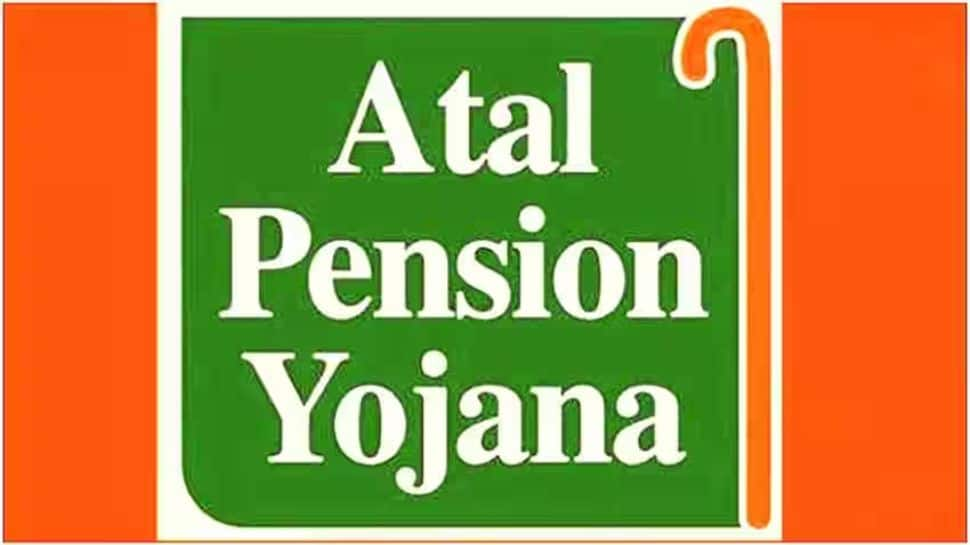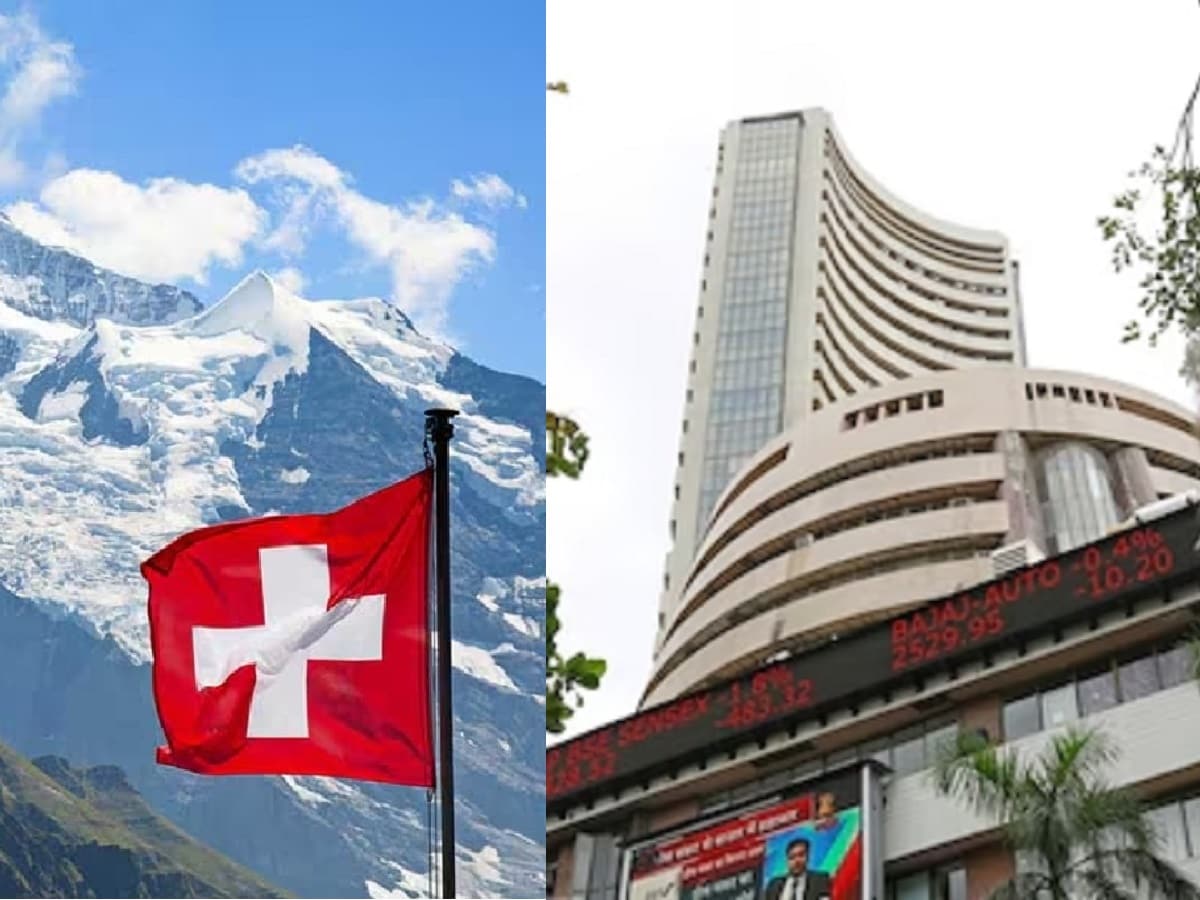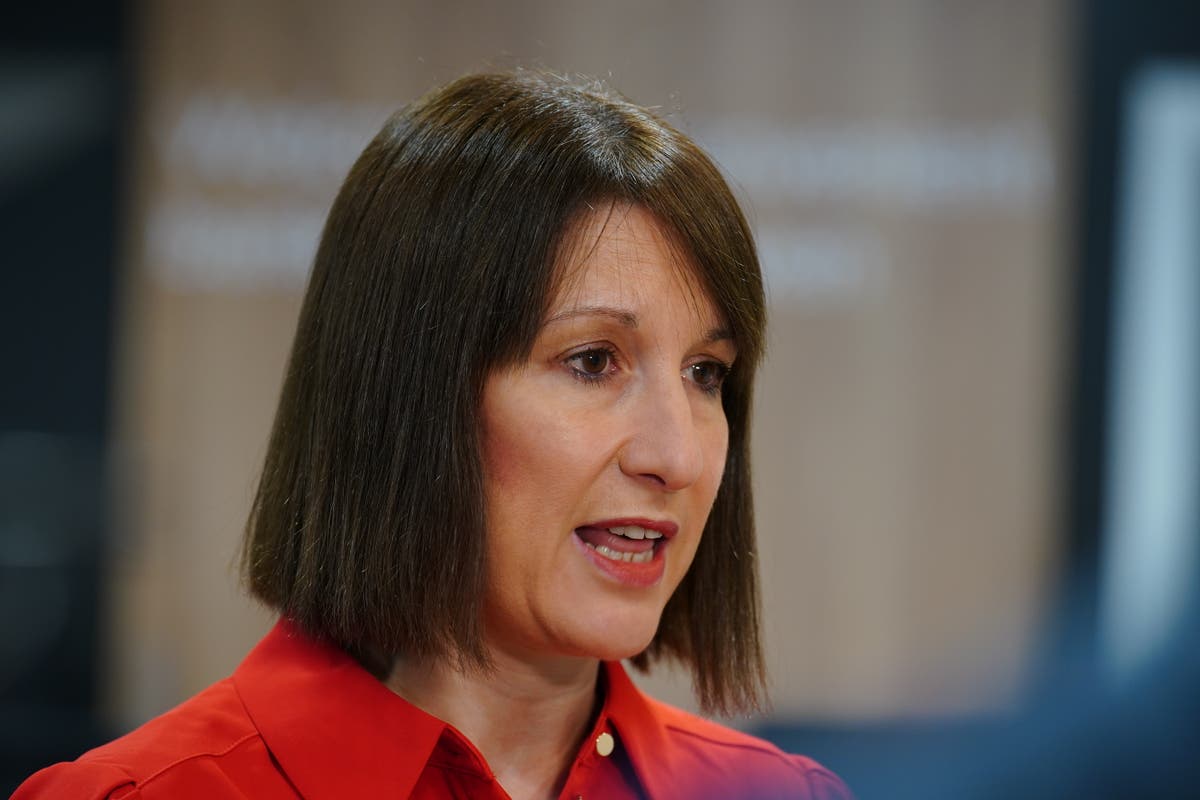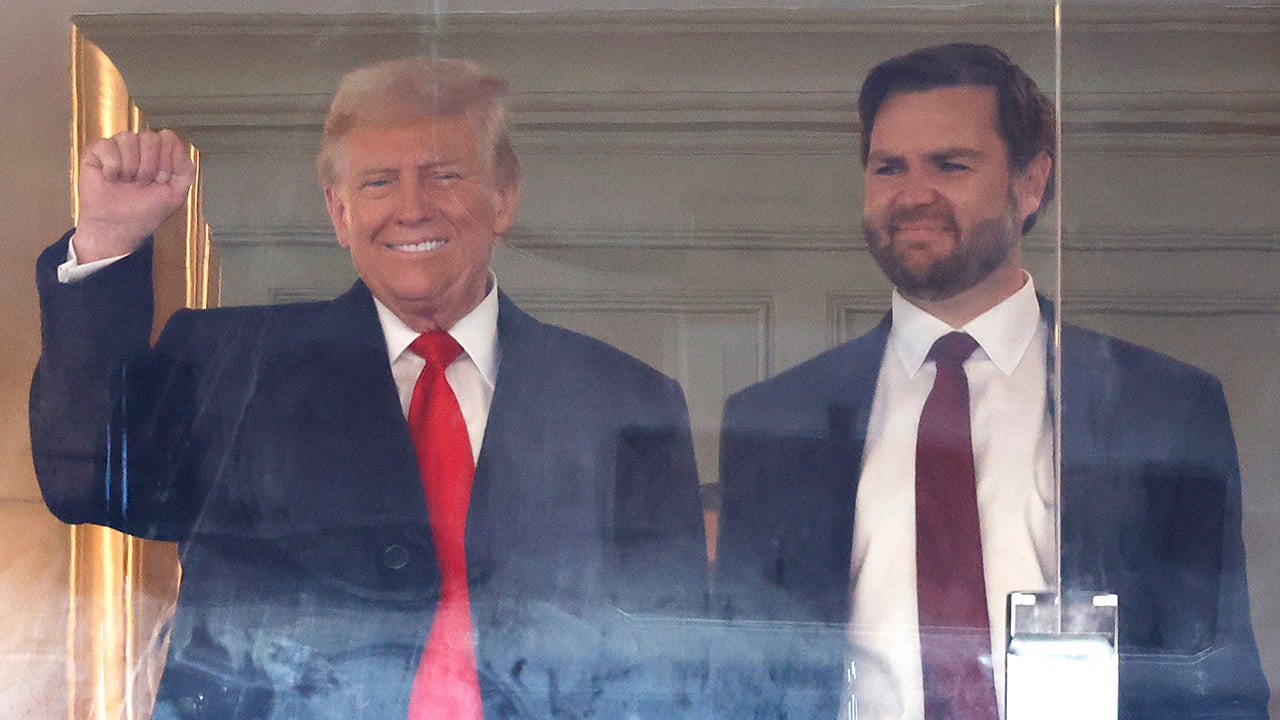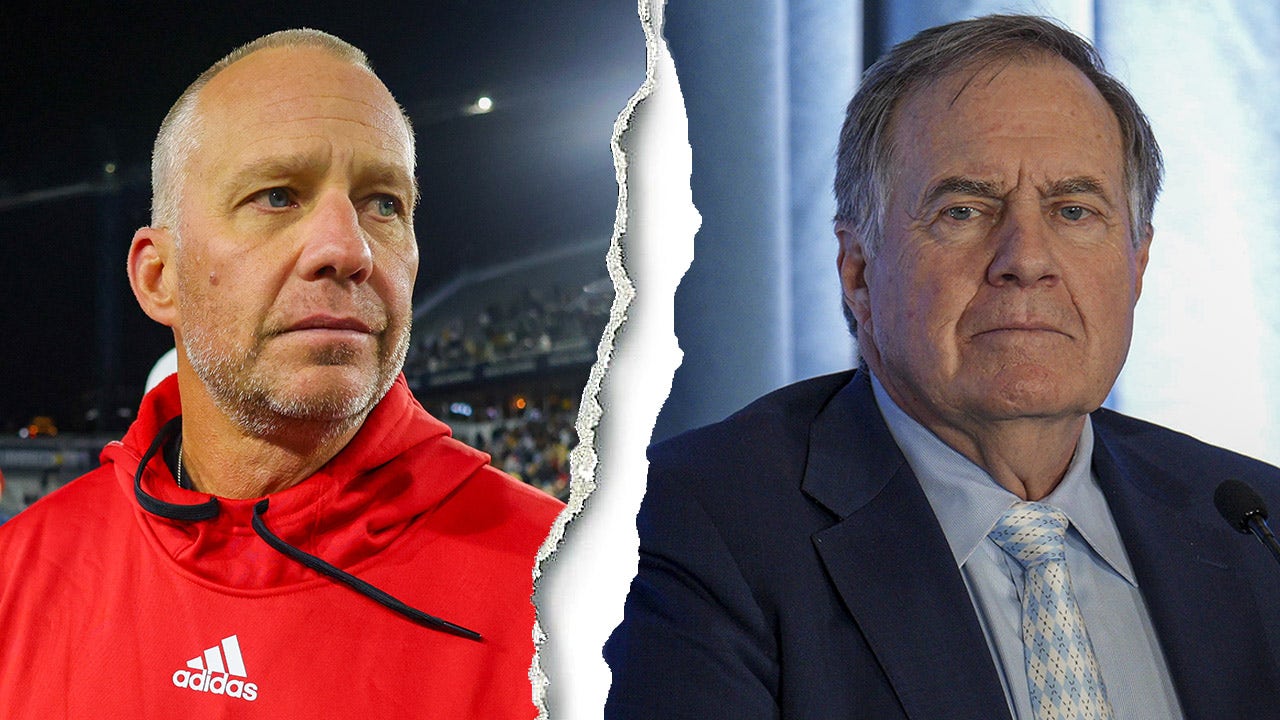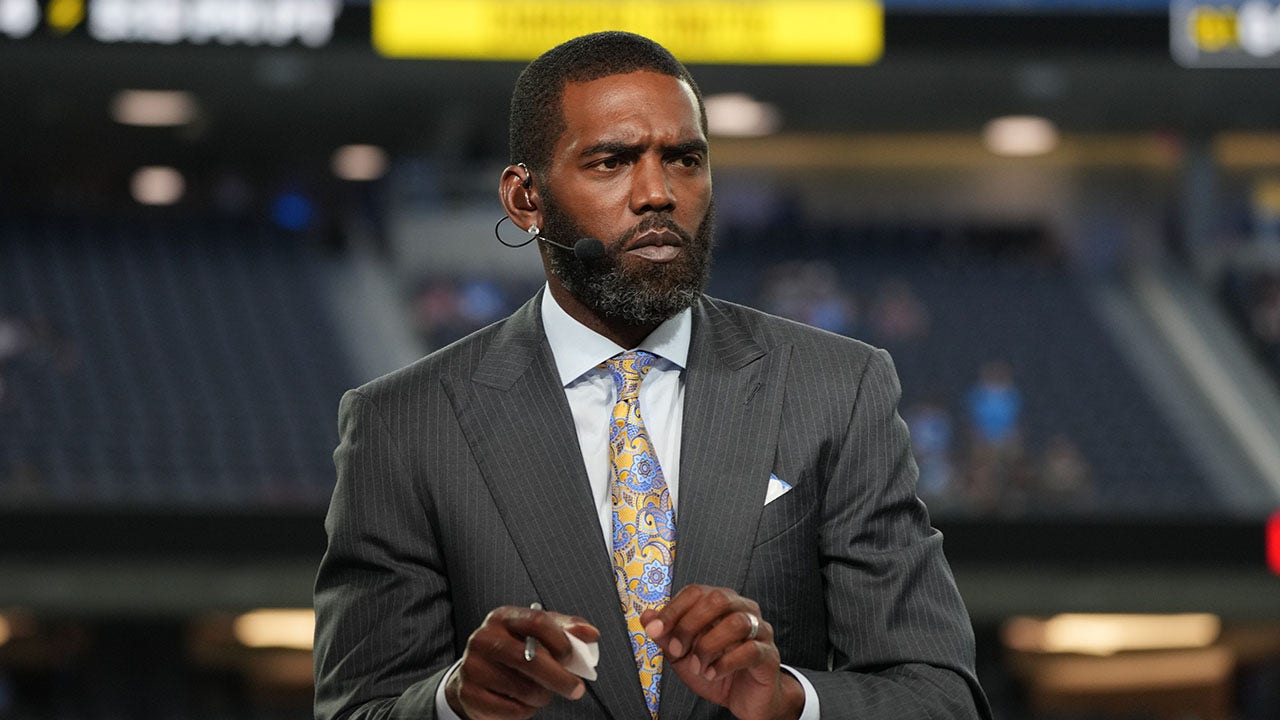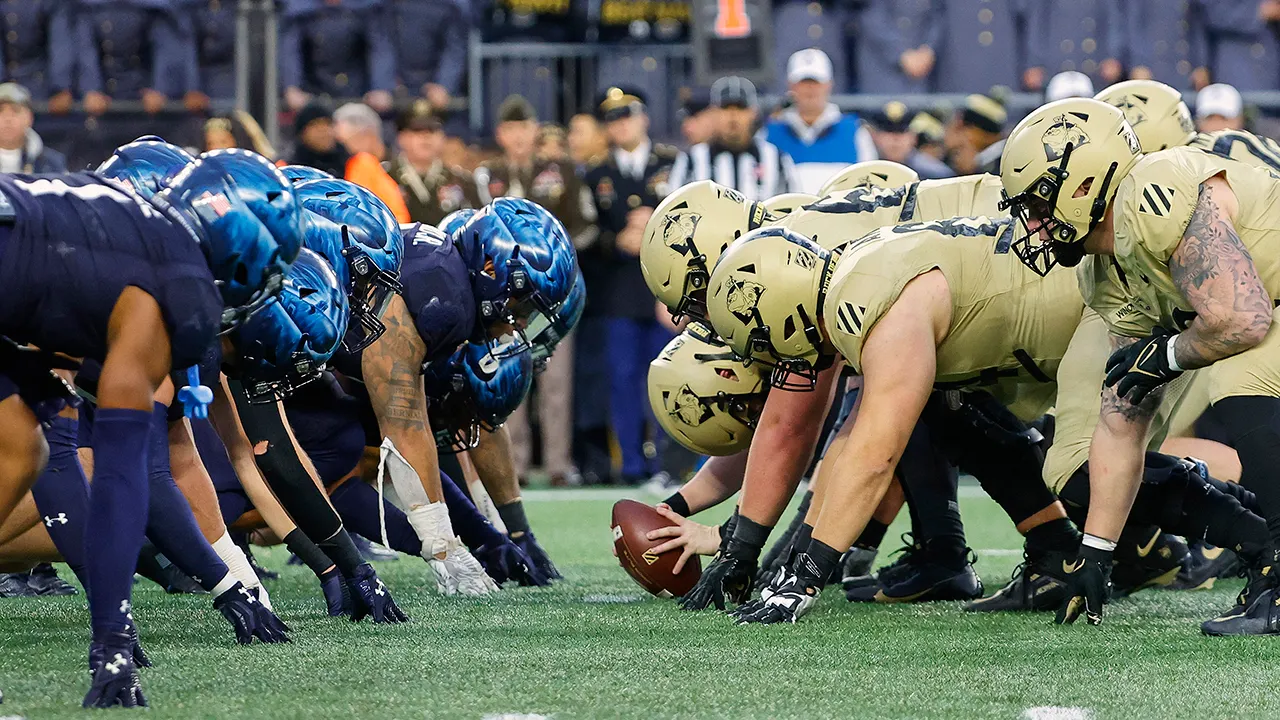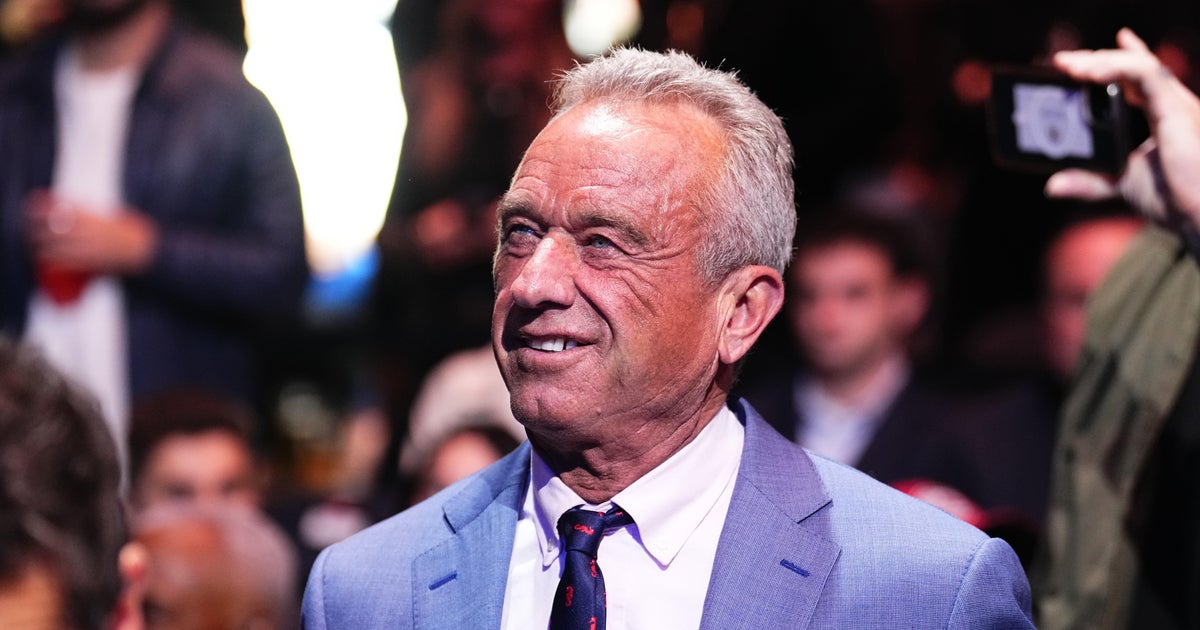Eight hours after polling stations closed, none of the 265 races had been officially called. Regardless, Khan’s party, Pakistan Tehreek-e-Insaf, or PTI, announced early Friday that it was on a path to victory. The party accused electoral authorities of deliberately delaying the counting of votes, which appeared to have slowed down during the night. “We demand that there should be no manipulation of results by the returning officers,” said Omar Ayub Khan, the PTI’s Secretary General.
The PTI’s claim that it was headed toward victory could portend more instability. Footage showed Khan supporters gathering outside polling stations early Friday. Many of them have for months felt mistreated by Pakistan authorities, who have all but dismantled Khan’s party and arrested many of its leaders.
The past two years have been turbulent for Pakistan, and the country’s establishment had hoped the election would restore predictability and calm.
Khan’s ouster as prime minister in April 2022 resulted in months of rising tensions with the military, which he has blamed for his political downfall. Pakistan has a history of arresting and imprisoning former leaders who ran afoul of the military, but efforts to arrest Khan on corruption charges early last year proved extraordinarily complicated and resulted in clashes between security forces and his supporters.
Pakistan’s government compared the riots that ensued, which authorities say also targeted military installations, to the attack on the U.S. Capitol on Jan. 6, 2021, by supporters of Donald Trump.
Khan’s party has rejected those comparisons, saying that most of its supporters protested peacefully. But the PTI has warned that it may not be able to control its supporters’ fury if what they perceive as an election victory is taken away from them.
Why did Pakistani authorities suspend cellphone services?
Pakistani authorities have frequently resorted to targeted or large-scale suspensions of cellphone services in recent years, and officials cited security concerns to justify Thursday’s nationwide shutdown of all mobile internet and cellphone connections.
Pakistan’s military said that despite those precautions, 12 people were killed in 51 attacks “aimed at disrupting the electoral process” — a toll that still appeared to be lower than some worst-case scenarios in the run-up to the election.
At polling stations, voters were divided over the measures. Thanks to the precautions, “it was a largely peaceful day,” said Syed Mubeen Shah, a political activist in the northwestern Pakistani city of Peshawar.
But other voters worried that the suspension of phone services may have been used to rig the vote. “It’s a symptom” of the establishment’s crackdown against Khan’s party, said PTI supporter Bilal Rashid, 39, in Islamabad.
What challenges await the next prime minister?
Besides having to contend with deep political polarization and an emboldened military, Pakistan’s next prime minister will also have to address serious economic woes.
Tough choices lie ahead, said Pakistani economist Abid Qaiyum Suleri. There will likely be pressure on Pakistan’s next leader to back popular but “economically unwise decisions to provide immediate relief to the people,” Suleri said.
While Pakistan depends on international funds to keep its economy running and can hardly afford higher government spending, the next government may be lured into extending food and gas subsidies to keep social peace, he said. It could complicate future negotiations with international institutions over debt relief.
Why did Sharif supporters feel so confident?
While Khan has faced an avalanche of court cases in recent months, Sharif’s legal woes disappeared one by one.
Sharif’s three terms as prime ministers all ended prematurely amid tensions with the military, including his most recent one, when he was ousted in 2017 and sentenced to 10 years in prison on corruption charges. Authorities later allowed Sharif to leave for London, and he remained there in exile until last fall.
Amid signs of a rapprochement between him and the establishment, Sharif in October staged a choreographed return to Lahore, his hometown.
“He could not have come back to Pakistan and seen so many legal charges melt away if he had not worked out some sort of arrangement with the military,” said Michael Kugelman, a South Asia analyst at the Wilson Center.
But “when it comes to making predictions about Pakistani politics, you can never rule out a surprise,” Kugelman cautioned.






